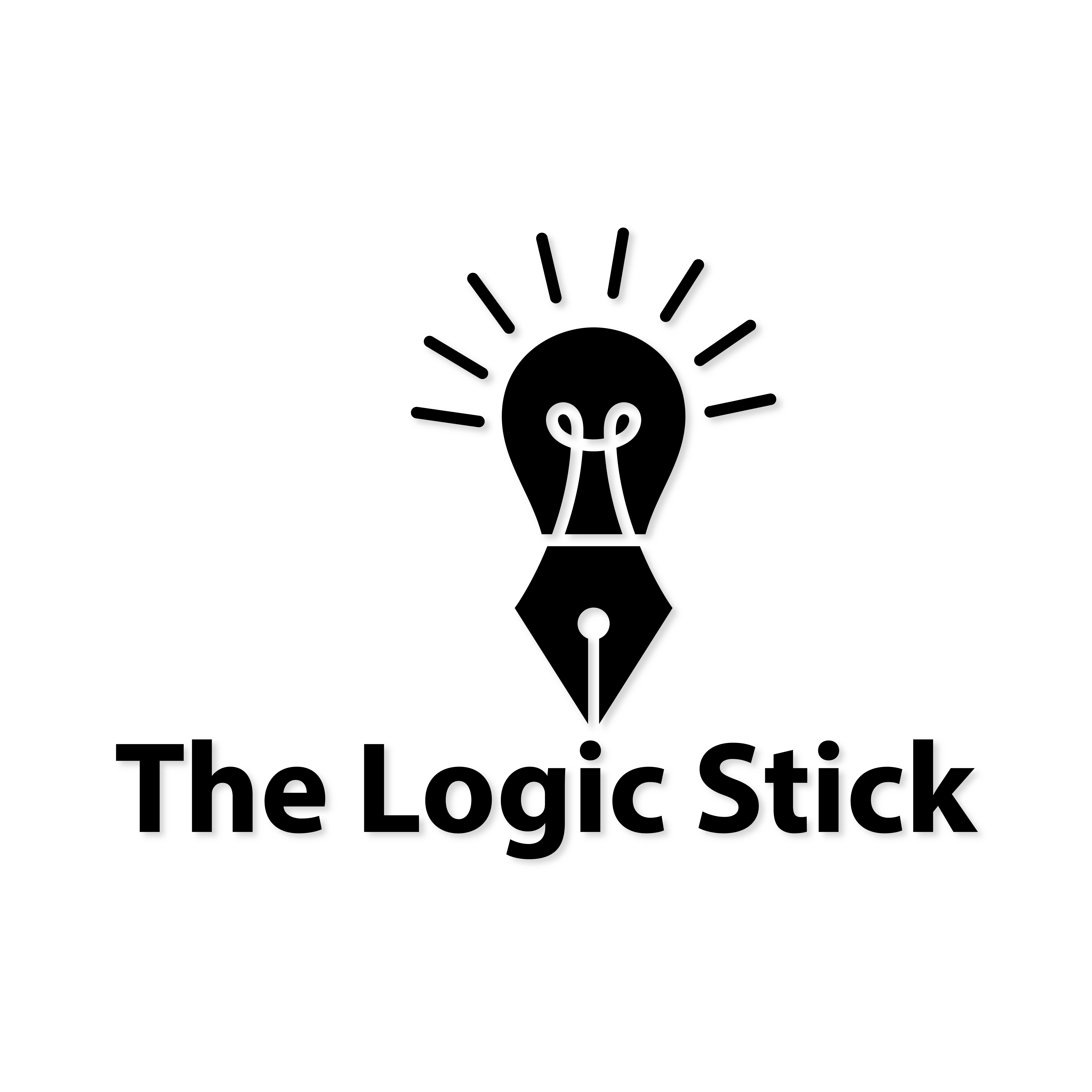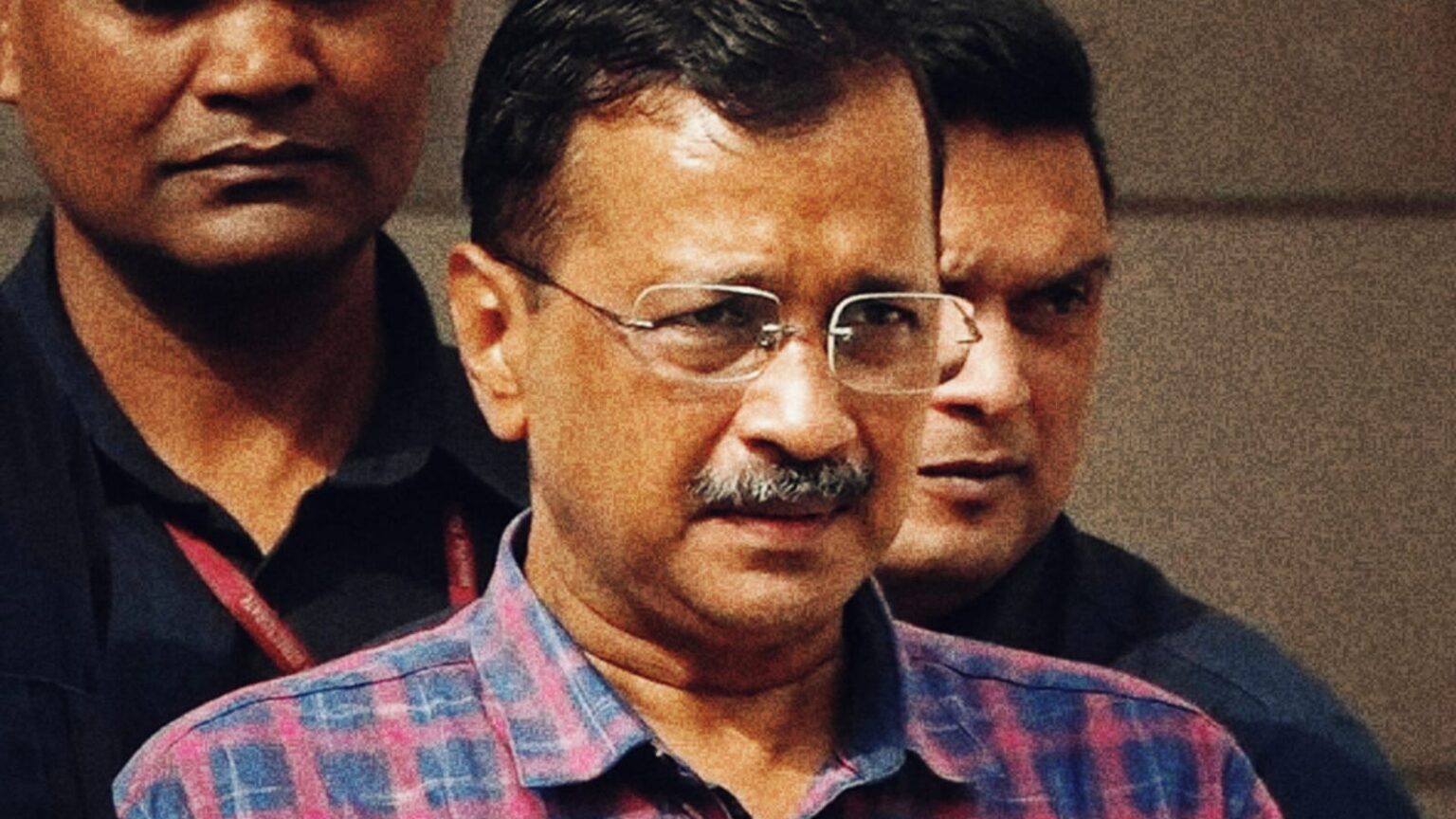Arvind Kejriwal’s Interim Bail and Release from Custody
In a major development during the Lok Sabha polls 2024, the Supreme Court today granted interim bail to Delhi Chief Minister Arvind Kejriwal, also the National Convenor of Aam Aadmi Party (AAP). The relief was for Mr. Kejriwal to surrender himself before the trial court on June 2 after the culmination of multi-phased elections. Delhi Chief Minister Arvind Kejriwal, who was earlier taken into custody in a case related to the alleged excise policy scam, was released from Tihar Jail this evening.
The Supreme Court’s Role in Arvind Kejriwal’s Release
The Supreme Court, during hearing of the matter, also referred to the procrastinating attitude of the Enforcement Directorate in arresting Mr. Kejriwal, wherein the Enforcement Case Information Report was registered in August 2022, and the arrest was made in March 2023. Justice Sanjiv Khanna observed that it is only a matter of a few weeks in arrest of such kind of circumstances which should not matter much.
Arvind Kejriwal, against whom the arrest has been effected by the Enforcement Directorate for the charges of money laundering, sought his release to participate in campaigning in the ongoing Lok Sabha polls.
Making a sharp reaction to the Supreme Court’s decision, senior Congress leader Shashi Tharoor stressed that the arrest of Mr. Kejriwal and his subsequent bail was politically motivated. He said he was relieved and hinted at a political motive in the arrest coming within a week of the announcement of the Lok Sabha elections. After his release, Arvind Kejriwal addressed a gathering of AAP supporters and talked about the need to fight against the emerging signs of dictatorship.
He declared his resolve to fight all anti-democratic tendencies, against which he said there should be collective resistance by the people of the nation. There was an announcement from Mr. Kejriwal regarding a rally and a press conference the very next day, indicating that he had shifted into top gear in the efforts of his campaign amidst the very sensitive battle of elections that is happening with big parties like the BJP and Congress, along with the AAP campaign under his leadership.
Legal Battles and Implications for Arvind Kejriwal and AAP
Justices Sanjiv Khanna and Dipankar Datta gave their judgement today, releasing Arvind Kejriwal from custody after over 50 days. Here is what has happened during his incarceration:
- Trouble began in October 2023, during a bail hearing for former Delhi Deputy CM Manish Sisodia, when Justice Khanna posed the question of why the Aam Aadmi Party, which was to benefit from the scam, wasn’t a party in the Delhi Liquor Policy case. The query led to media speculation. The court clarified in the next sitting that it was a legal question and not any directive to implicate AAP.
- The Supreme Court had been apprised that the Enforcement Directorate had decided in a separate hearing, when Additional Solicitor General of India SV Raju told the court, that it was considering filing a case of money laundering against AAP on the ground of “vicarious liability.” The ED then began its probe and subsequently arrested Kejriwal, who was the alleged mastermind of the case, and the AAP chief.
- Upon implicating AAP in the case, the ED charged Arvind Kejriwal to be the main person responsible within AAP, allegedly involved in policy formulation, a kickback scheme, and the handling of proceeds of crime, including their concealment and usage.
Also read – Everything you need to know about Sunita Williams & her 3rd Space Mission
- The ED further stated that Kejriwal had furthered the activities of Proceeds of Crime worth Rs 45 crore during the election campaign of AAP in Goa, under Section 70(1) of the PMLA. He stated that Kejriwal was in a conspiracy with others in policy formation and facilitation of kickbacks, through which he had a major role in the generation and concealment of proceeds of crime. The tryst with the legal process of Kejriwal began with the case on March 14, where he challenged a summon in the sessions court which had been issued earlier by the magisterial court for not complying with the former liquor policy. Kejriwal had missed nine such summons. The Delhi High Court on Wednesday sought a response from the ED on a plea by Kejriwal against the summons after a city court granted him bail on March 15.
- Things turned worse on March 21, when the Delhi High Court refused to grant protection from arrest to Kejriwal in the money laundering case related to the liquor policy; subsequently, that very night, he was arrested by the ED. Six days of ED custody were granted to Kejriwal but were challenged by the AAP leader in the Delhi High Court.
- Despite the strong arguments by Kejriwal’s lawyers for an order for his immediate release, the high court, on March 26, denied immediate relief and instead served a notice on the ED. Finally, in April, the high court rejected Kejriwal’s petition, and he moved the Supreme Court. On May 10, the Supreme Court granted him interim bail for the Lok Sabha election campaign and asked him to surrender on June 2. The legal battles over his arrest are still in progress.






